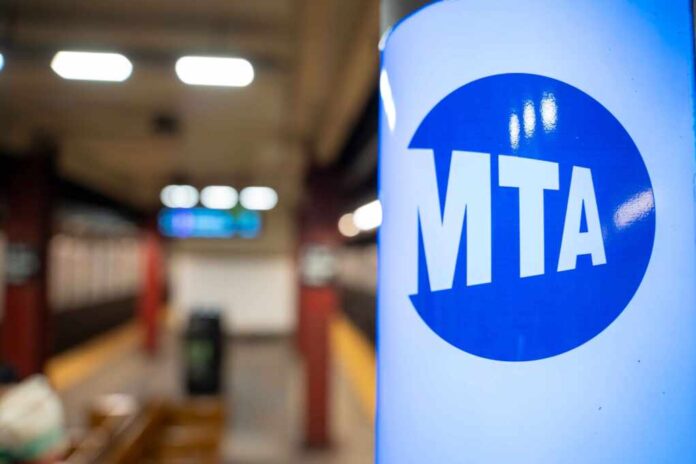
A Lebanese student tourist who suffered catastrophic injuries in New York’s subway system just won an $82 million verdict against the MTA.
Story Highlights
- Sarmad Assali awarded $82 million after losing arm and leg in 2020 NYC subway accident
- MTA plans appeal citing concerns over verdict size and future liability exposure
- Case highlights systemic safety failures in aging subway infrastructure
- Verdict could set dangerous precedent for massive payouts from taxpayer-funded transit
Record-Breaking Verdict Rocks MTA
Sarmad Assali, a Lebanese student visiting New York City in 2020, received one of the largest personal injury verdicts in NYC transit history after a jury found the Metropolitan Transportation Authority liable for his devastating injuries. The 2020 accident at a busy Manhattan subway station resulted in Assali losing his right arm and left leg when he fell onto the tracks and was struck by an oncoming train.
The five-year legal battle centered on allegations that the MTA failed to maintain adequate safety measures and emergency response protocols. Assali’s legal team successfully argued that the transit authority’s negligence directly contributed to the severity of the accident and the plaintiff’s life-altering injuries. The MTA disputed claims of gross negligence while expressing sympathy for Assali’s injuries, but the jury ultimately sided with the plaintiff in assigning liability for the catastrophic incident.
Student tourist who lost arm and leg in NYC subway accident wins staggering $82M verdicthttps://t.co/LJR3rKG9rE
— Miss T (@tlc6767) November 26, 2025
Taxpayer Burden and Safety Concerns
The massive verdict raises serious questions about the financial sustainability of public transit systems already struggling with budget constraints and aging infrastructure. The MTA, which serves millions of daily riders, has faced repeated criticism for inadequate platform safety measures, including the absence of platform screen doors that could prevent such accidents.
This case exposes the dangerous reality that New York’s subway system operates with minimal safety infrastructure compared to modern transit systems worldwide. The lack of platform barriers, insufficient surveillance, and slow emergency response times create a recipe for disaster that ultimately falls on taxpayers to remedy through massive legal settlements. The precedent set by this verdict could encourage similar lawsuits, potentially bankrupting a transit system that millions of working Americans depend on daily.
Watch:
Appeal Process and Future Implications
The MTA has announced plans to appeal the verdict, citing concerns about the award’s size and its implications for future liability cases. Legal analysts note that such large verdicts reflect growing jury intolerance for institutional negligence, particularly when involving catastrophic injuries to young victims. The appeal process could delay or reduce the final payout, but the damage to the MTA’s financial position and reputation has already been substantial.
The broader implications extend beyond New York, as transit authorities nationwide may now face increased litigation and higher insurance costs. This case demonstrates how years of deferred maintenance and safety upgrades can result in astronomical financial penalties that drain resources from actual infrastructure improvements. The irony is that the massive settlement could prevent the very safety upgrades needed to prevent future accidents, creating a vicious cycle of neglect and liability.
Sources:
List of train-surfing injuries and deaths
https://www.law.com/newyorklawjournal/2025/11/21/ny-jury-awards-landmark-817m-judgment-to-train-strike-victim-finding-mta-liable-for-neglecting-public-safety-for-decades/?slreturn=20251126063729

























